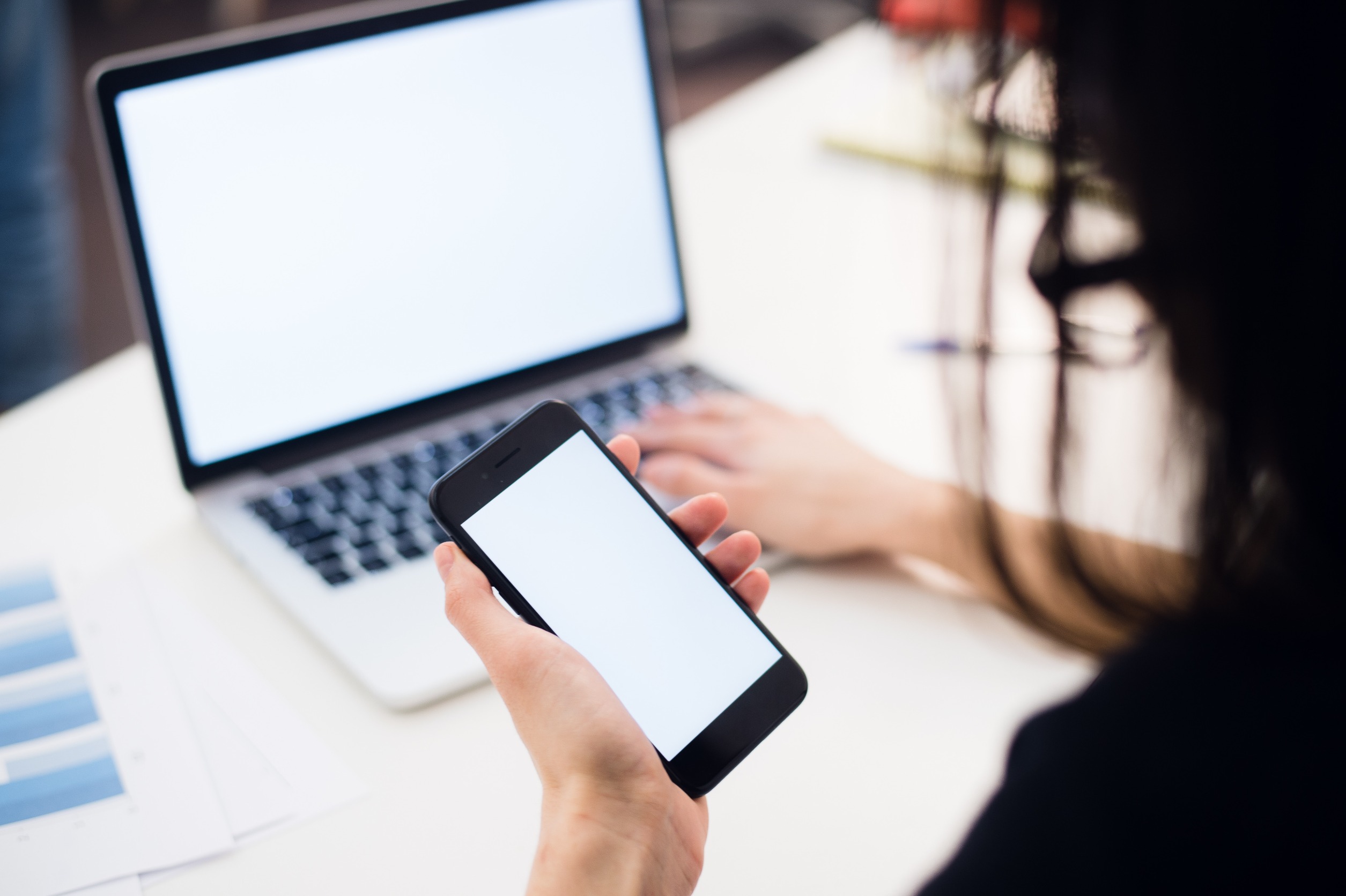Your smartphone can reduce stress experienced at work
- Champa Ha
- Topics: Australia, Employee Experience, Europe, Home Page - News, News, Talent Management

New research has revealed that using your personal smartphone at work can be a great way to reduce stress and lower levels of conflict between work and personal life.
The results were part of a key study conducted by the University of Galway and the University of Melbourne. Led by Professor Eoin Whelan from the University of Galway’s JE Cairnes School of Business and Economics, the research was based on the European branch of a global pharmaceutical firm, which had changed its phone policy from a restrictive ban since the 1990s.
Over a year, the research followed 40 employees within the organisation who had availed themselves to the new policy and used their personal smartphones at work and contrasted the group against a similar number that acted as a control group and maintained a self-imposed ban by leaving their phones behind them after stepping into the workplace. from a restrictive approach to personal phones, to open access for non-work purposes.
The study found there were benefits of moderate mobile phone usage in the professional setting, with no discernible impact on worker performance. Employees who had access to their phones were able to help with any family issues during the day which reduced pressure on their partners and other family members. It also reduced the emotional manageability of employees who had their personal phones with them for correspondence compared to employees who did not.
READ MORE: Can air quality in the workplace affect your work quality?
“Rather than enforcing a ban on smartphones in the workplace, our experiences in tracking the introduction of smartphones in this company suggest a more effective strategy would be to establish an organisational climate where the company expectation for smartphone behaviours are known, for example ensuring that they are not used in meetings or in the canteen, with adherence monitored by employees themselves,” Professor Whelan said.






